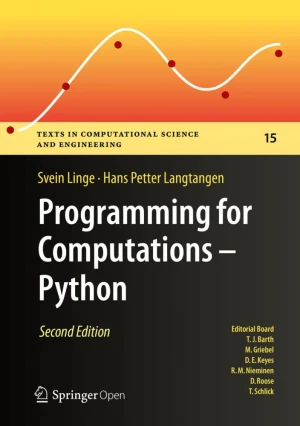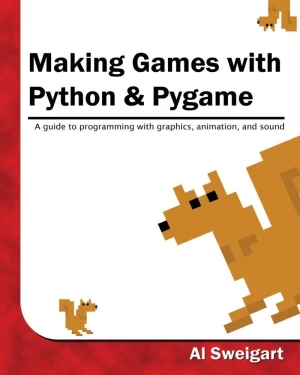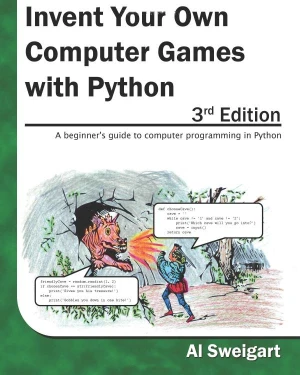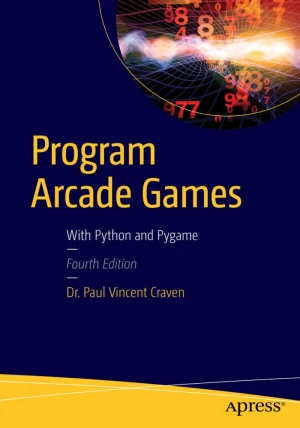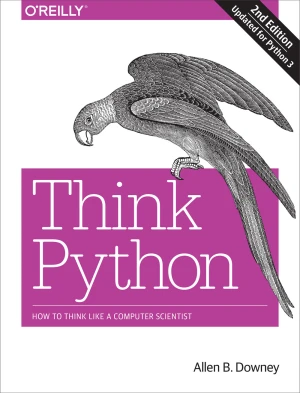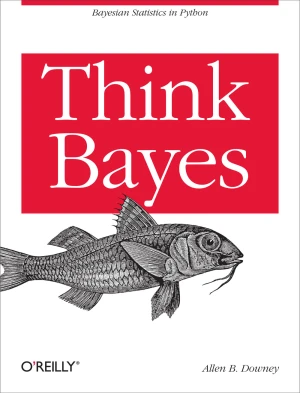Snake Wrangling for Kids
Learning to Program with Python
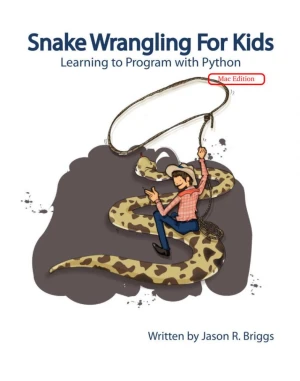
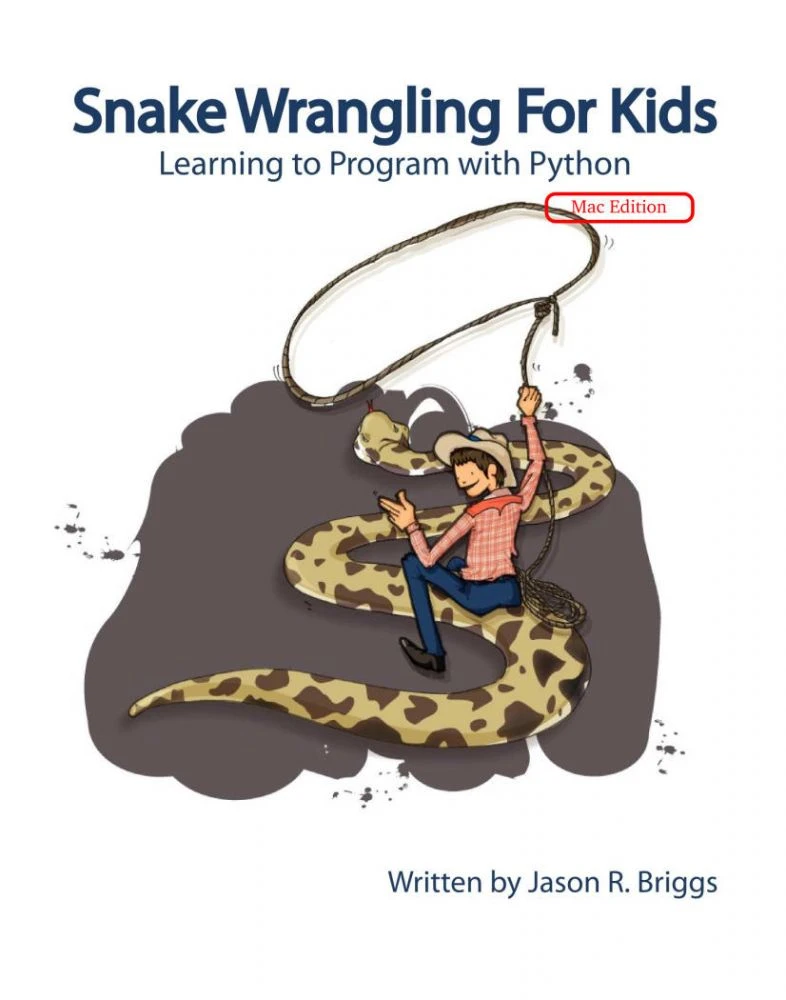
Book Details
| Author | Jason Briggs |
| Published | 2007 |
| Edition | 1st |
| Paperback | 153 pages |
| Language | English |
| License | Creative Commons Attribution-NonCommercial-ShareAlike |
Book Description
Python for Kids is a lighthearted introduction to the Python language and to programming in general, complete with illustrations and kid-friendly examples. We begin with the basics of how to install Python and write simple commands. In bite-sized chapters, you'll discover the essentials of Python, including how to use Python's extensive standard library, the difference between strings and lists, and using for-loops and while-loops. By the end of the book, readers have built a couple of games and created drawings with Python's graphics library, Tkinter. Each chapter closes with fun and relevant exercises that challenge the reader to put their newly acquired knowledge to the test.
This book is available under a Creative Commons Attribution-NonCommercial-ShareAlike license (CC BY-NC-SA), which means that you are free to copy, distribute, and modify it, as long as you credit the original author, don't use it for commercial purposes, and share any adaptations under the same license.
If you enjoyed the book and would like to support the author, you can purchase a printed copy (hardcover or paperback) from official retailers.
Download and Read Links
Share this Book
[localhost]# find . -name "*Similar_Books*"
Programming for Computations - Python, 2nd Edition
This book presents computer programming as a key method for solving mathematical problems. This second edition of the well-received book has been extensively revised: All code is now written in Python version 3.6 (no longer version 2.7). In addition, the two first chapters of the previous edition have been extended and split up into five new chapte
Making Games with Python & Pygame
Making Games with Python & Pygame covers the Pygame library with the source code for 11 games. Making Games was written as a sequel for the same age range as Invent with Python. Once you have an understanding of the basics of Python programming, you can now expand your abilities using the Pygame library to make games with graphics, animation, and s
Invent Your Own Computer Games with Python, 3rd Edition
Invent Your Own Computer Games with Python teaches you how to program in the Python language. Each chapter gives you the complete source code for a new game, and then teaches the programming concepts from the examples. Games include Guess the Number, Hangman, Tic Tac Toe, and Reversi. This book also has an introduction to making games with 2D graph
Program Arcade Games, 4th Edition
Learn and use Python and PyGame to design and build cool arcade games. In Program Arcade Games: With Python and PyGame, 4th Edition, Dr. Paul Vincent Craven teaches you how to create fun and simple quiz games; integrate and start using graphics; animate graphics; integrate and use game controllers; add sound and bit-mapped graphics; and build grid-
Think Python, 2nd Edition
If you want to learn how to program, working with Python is an excellent way to start. This hands-on guide takes you through the language a step at a time, beginning with basic programming concepts before moving on to functions, recursion, data structures, and object-oriented design. This second edition and its supporting code have been updated for
Think Bayes
If you know how to program with Python and also know a little about probability, you're ready to tackle Bayesian statistics. With this book, you'll learn how to solve statistical problems with Python code instead of mathematical notation, and use discrete probability distributions instead of continuous mathematics. Once you get the math out of the

